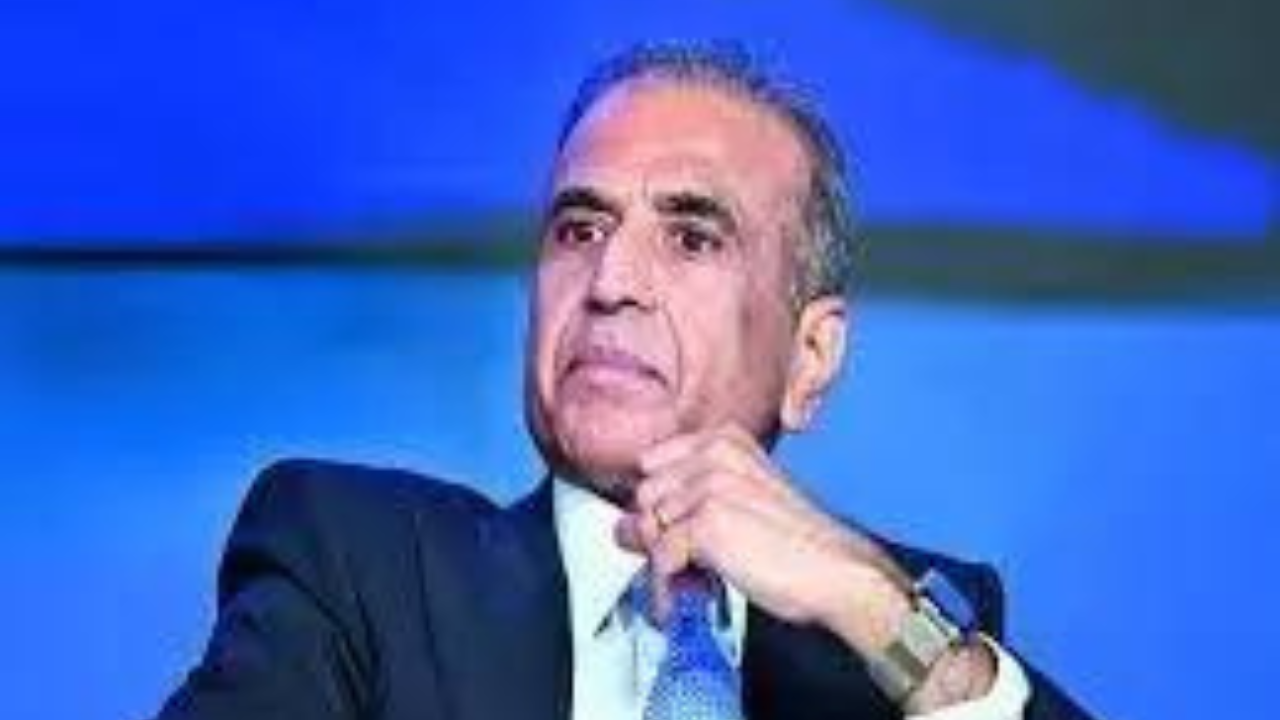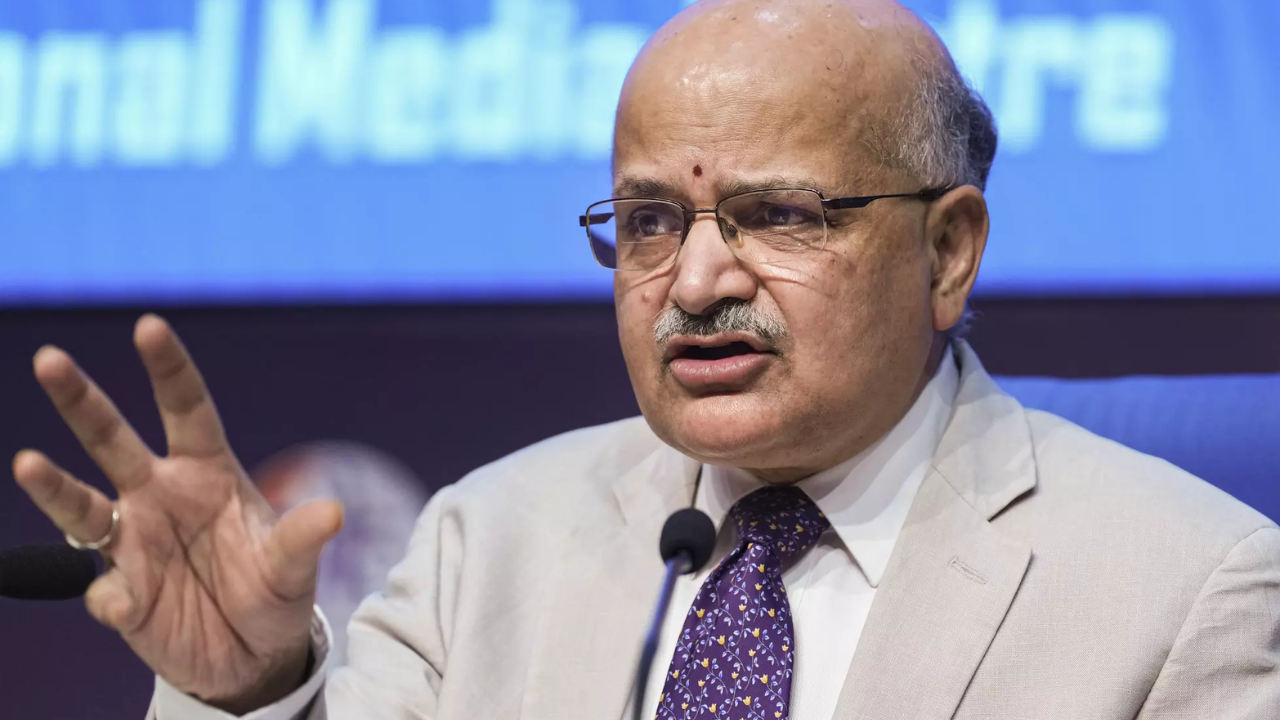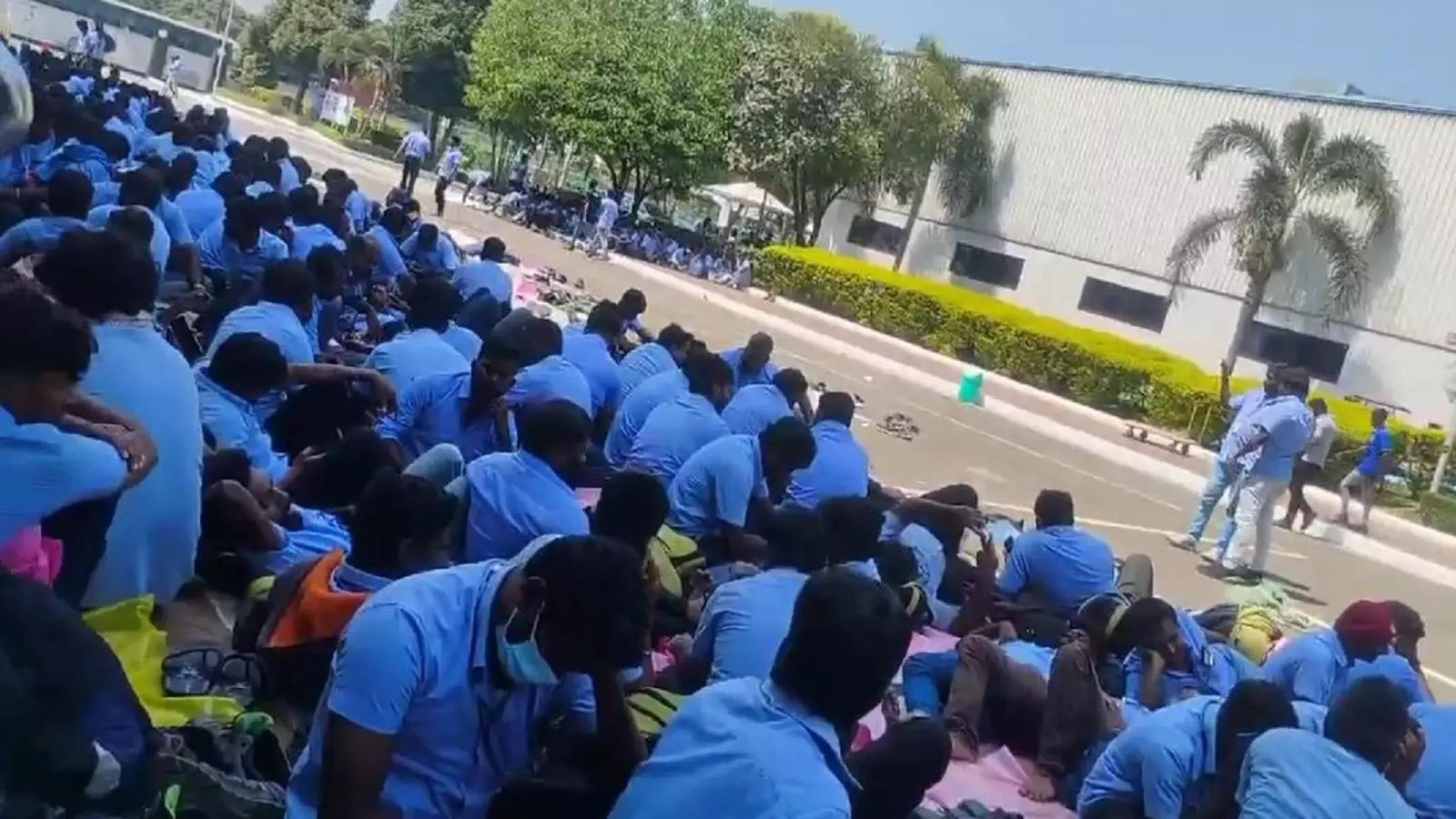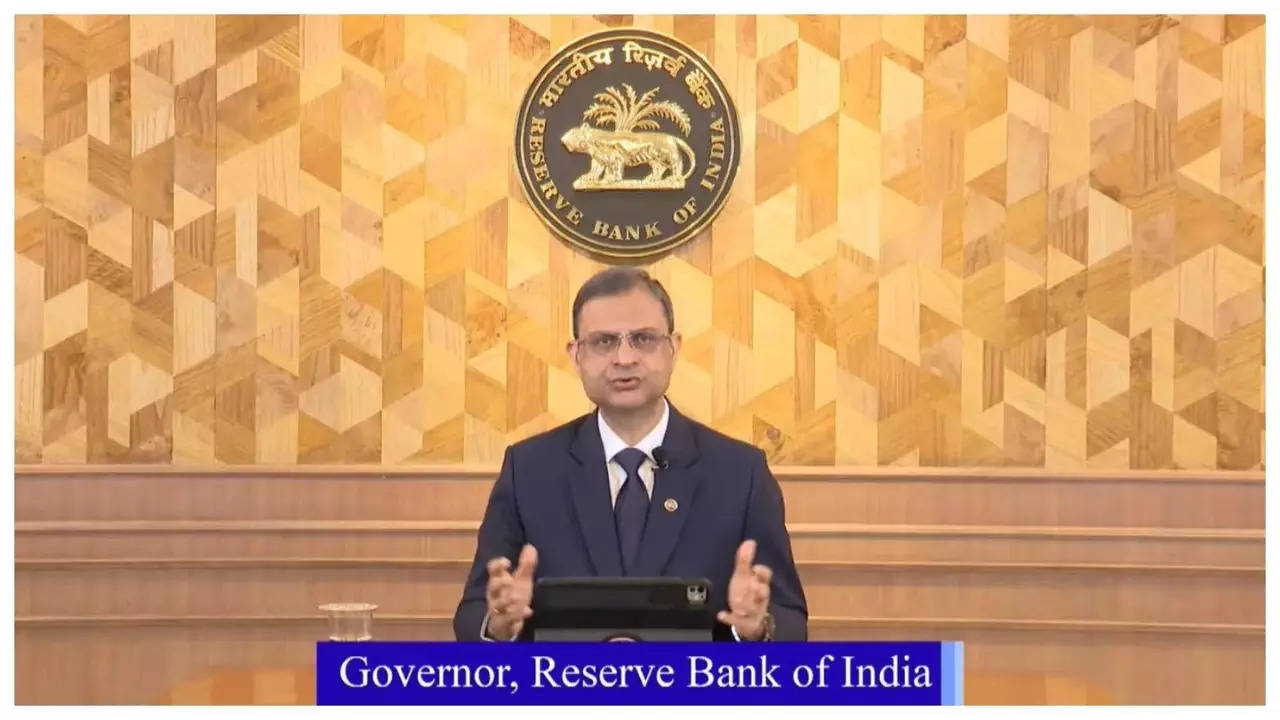Why the imagined opposition between academic and public historians needs to be questioned

Join our WhatsApp Community to receive travel deals, free stays, and special offers!
- Join Now -
Join our WhatsApp Community to receive travel deals, free stays, and special offers!
- Join Now -

In an interview with William Dalrymple, historian and co-director of the Jaipur Literary Festival, Devyani Onial, National Features Editor at Indian Express, asked him,“While India hasn’t been able to tell their story to the world, do you think Indians tell it to each other a bit too enthusiastically, especially on WhatsApp?”
Dalrymple responded: “My personal bugbear is that the study of history in academia entered a long phase from about the ’50s through to the beginning of the present century, where academics only talked to themselves…As a result, you’ve got the growth of ‘WhatsApp history’ and ‘WhatsApp University.”
Since then, arguments have been raging over the role of history and historians in India. Who is doing the real work of history; who is reaching the general public? Those in the academy? Or those outside the academic institutions, so-called public historians?
A torrent of passionate claims in opinion pieces and essays cataloguing the work of Indian academic historians has emerged in the last few weeks. Widely read and important textbooks are cited. The serious service of academic historians on curriculum committees is noted. Several social media buffs have tweeted the names of academic historians writing for a wider public. The work of historians in Indian languages has been underlined.
Still, an (imagined) opposition between...
What's Your Reaction?
 Like
0
Like
0
 Dislike
0
Dislike
0
 Love
0
Love
0
 Funny
0
Funny
0
 Angry
0
Angry
0
 Sad
0
Sad
0
 Wow
0
Wow
0



















































